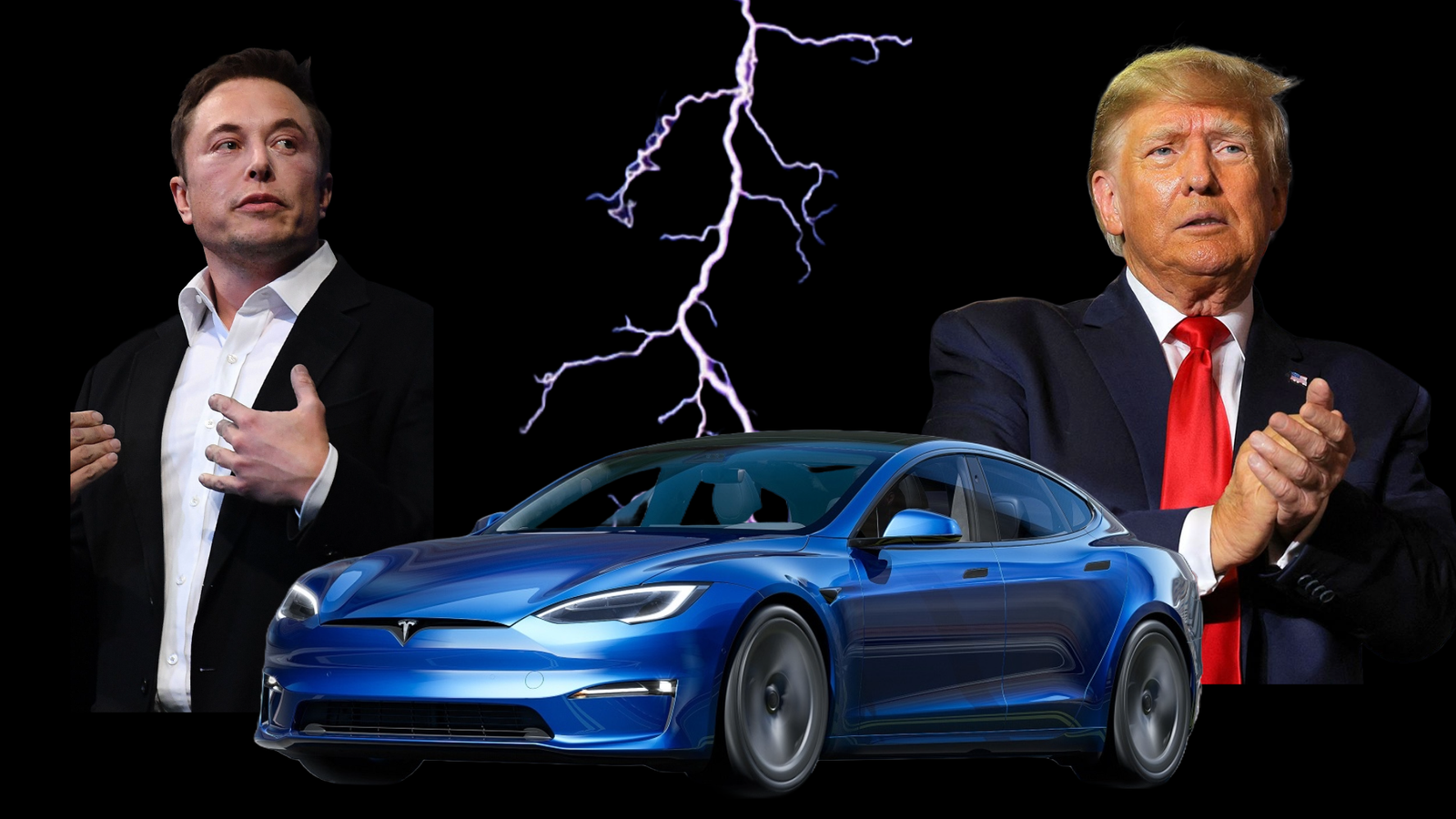
Former US President Donald Trump has once again made headlines with a controversial statement during his MAGA (Make America Great Again) rally. Trump announced that he intends to halt electric vehicle (EV) sales if he is re-elected, aiming to reverse many of the climate policies and incentives implemented by the Biden administration. This anti-EV stance has sparked concern throughout the global automotive industry.
In his speech, Trump outlined plans to reduce EV tax credits and roll back tailpipe emissions targets, effectively dismantling key elements of Biden’s climate agenda. Automakers have voiced strong opposition, fearing adverse effects on investments and job growth. William Clay Ford Jr., executive chair of Ford Motor, highlighted the industry’s concerns about the instability caused by shifting political decisions, emphasizing that long-term planning is crucial for automotive companies.
Trump has consistently dismissed scientific evidence of climate change, labeling it a hoax. He argues that electric cars are not the future and are being promoted to further the agendas of the Biden administration. Despite these claims, the Biden administration’s Inflation Reduction Act has led to significant investments in EV manufacturing, including a $13 billion investment by Hyundai in Georgia, creating 12,000 jobs, and a $5 billion commitment by SK On.
Experts believe that if Trump is re-elected and Republicans gain control of Congress, there could be efforts to rescind parts of the 2022 Inflation Reduction Act, which provides approximately $370 billion in tax credits for clean energy and EV manufacturing. However, the EV market is unlikely to come to a complete halt, with continued growth in EV infrastructure investments, such as charging stations and battery manufacturing.
The US EV market has experienced rapid growth, with sales projected to exceed 1.5 million units by 2024. Despite recent global fluctuations in EV sales due to supply chain disruptions and rising raw material costs, the Indian EV market continues to grow. The Indian government is promoting EV sales through incentives and infrastructure development, with major players like Tata Motors and Mahindra reporting increasing sales. The government aims to achieve 30% electric mobility by 2030, focusing on expanding battery manufacturing and charging networks.






